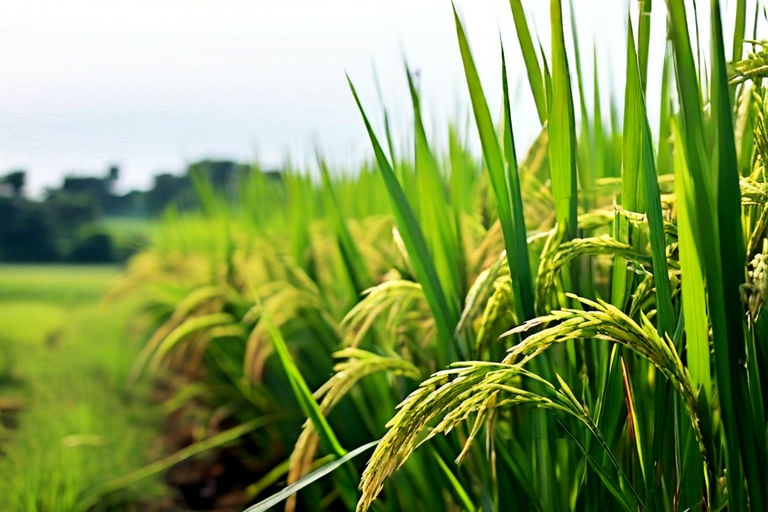How does irrigation impact crop yield?

Understanding the Impact of Irrigation on Crop Yield
When addressing the question, "How does irrigation impact crop yield?", we must first understand the concept of irrigation. Irrigation is the process of applying controlled amounts of water to plants at needed intervals. This practice assists in growing agricultural crops, maintaining landscapes, and re-vegetating disturbed soils in dry areas and during periods of less than average rainfall. But how does this system influence crop yield? Let's delve into that.
The Role of Water in Crop Growth
Water is a fundamental necessity for all life forms, and plants are no exception. It plays a crucial role in various physiological processes such as photosynthesis, transpiration, nutrient transportation, and cell structure maintenance. Inadequate water supply can hamper these processes, leading to stunted growth, reduced vigor, and in severe cases, plant death. Therefore, ensuring a consistent and adequate water supply through irrigation can significantly enhance crop yield.
Optimizing Plant Growth Conditions
Irrigation allows farmers to control the water supply, thereby optimizing the conditions necessary for plant growth. Plants require a delicate balance of water - too little and they wilt and die; too much and they become susceptible to diseases, root health problems, and oxygen starvation. By regulating water supply, irrigation helps maintain this delicate balance, promoting healthy and robust crop growth, which in turn increases crop yield.
Enabling Multiple Harvests
One of the direct impacts of irrigation on crop yield is the possibility of multiple harvests within the same year. In areas with seasonal rainfall, farming activities are typically limited to the rainy season. However, with a proper irrigation system, farmers can cultivate crops throughout the year, leading to an increase in annual crop yield.
Preventing Drought and Crop Failure
Agriculture is highly dependent on weather conditions, and periods of drought can lead to significant crop failure. Irrigation serves as a buffer during such times, ensuring that crops receive adequate water for growth. This prevention of crop failure directly translates to higher crop yield.
Nutrient Utilization
Irrigation water also often carries with it essential nutrients that enrich the soil, enhancing its fertility. This improved soil fertility aids in better crop growth, which subsequently results in higher crop yield.
Addressing the Challenges
While the benefits of irrigation on crop yield are significant, it's also essential to address the challenges. Over-irrigation can lead to waterlogging and salinization, harming the crops and reducing yield. Also, without proper management, irrigation can lead to unequal water distribution, causing some areas to be over-irrigated while others remain under-irrigated. Therefore, effective irrigation management is crucial to reap the benefits of irrigation.
Conclusion
In conclusion, irrigation plays a vital role in increasing crop yield. By providing a controlled and consistent water supply, it optimizes plant growth conditions, enables multiple harvests, prevents drought and crop failure, and improves nutrient utilization. However, it's also crucial to manage irrigation efficiently to prevent potential problems like waterlogging and salinization. With proper management, irrigation can significantly enhance crop yield, contributing to food security and agricultural sustainability.
Note:, This is a simplified explanation of a complex process, and actual field conditions may vary. The impact of irrigation on crop yield can be influenced by various factors, including the type of crop, soil conditions, climate, and irrigation management practices.

